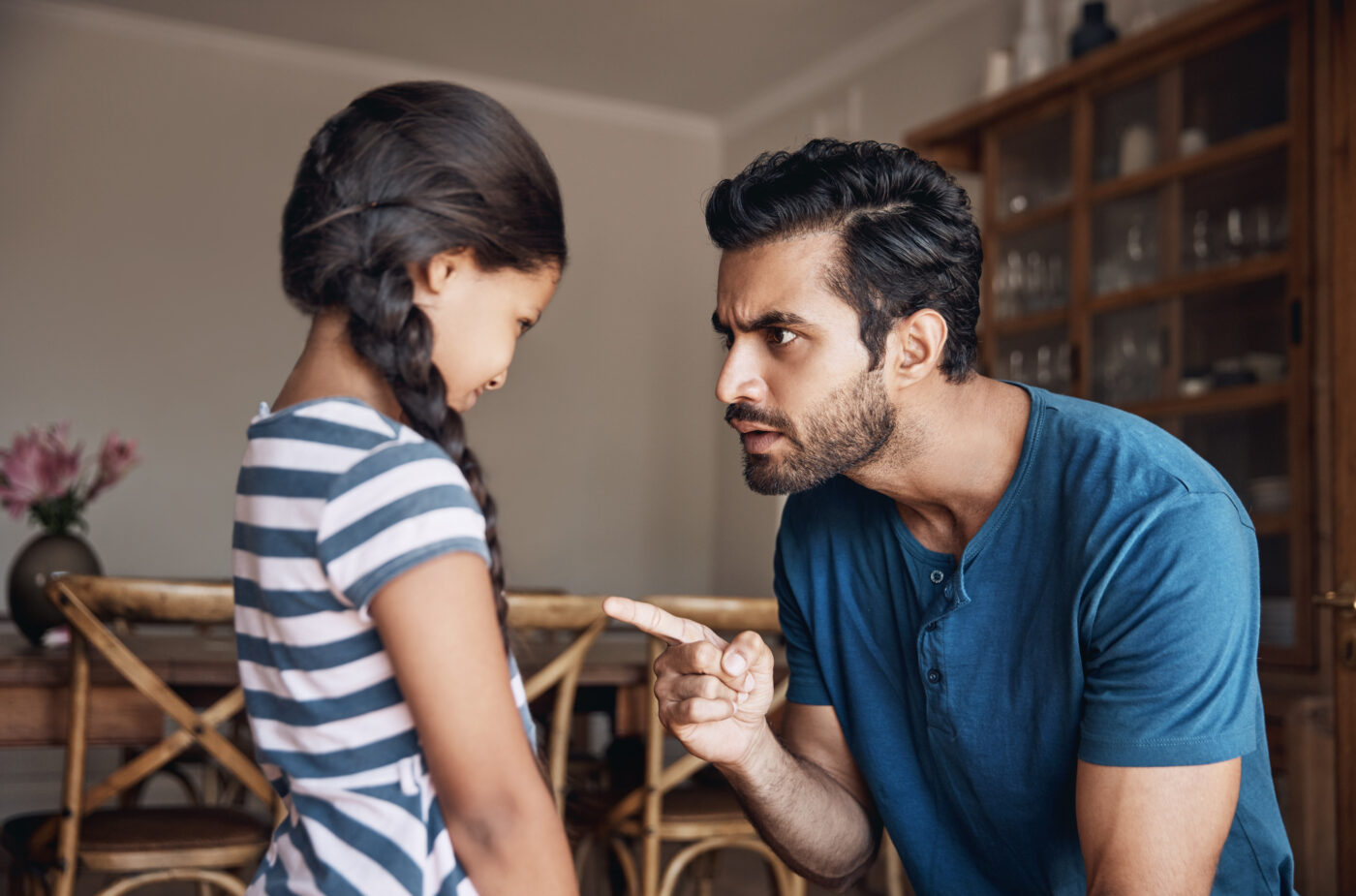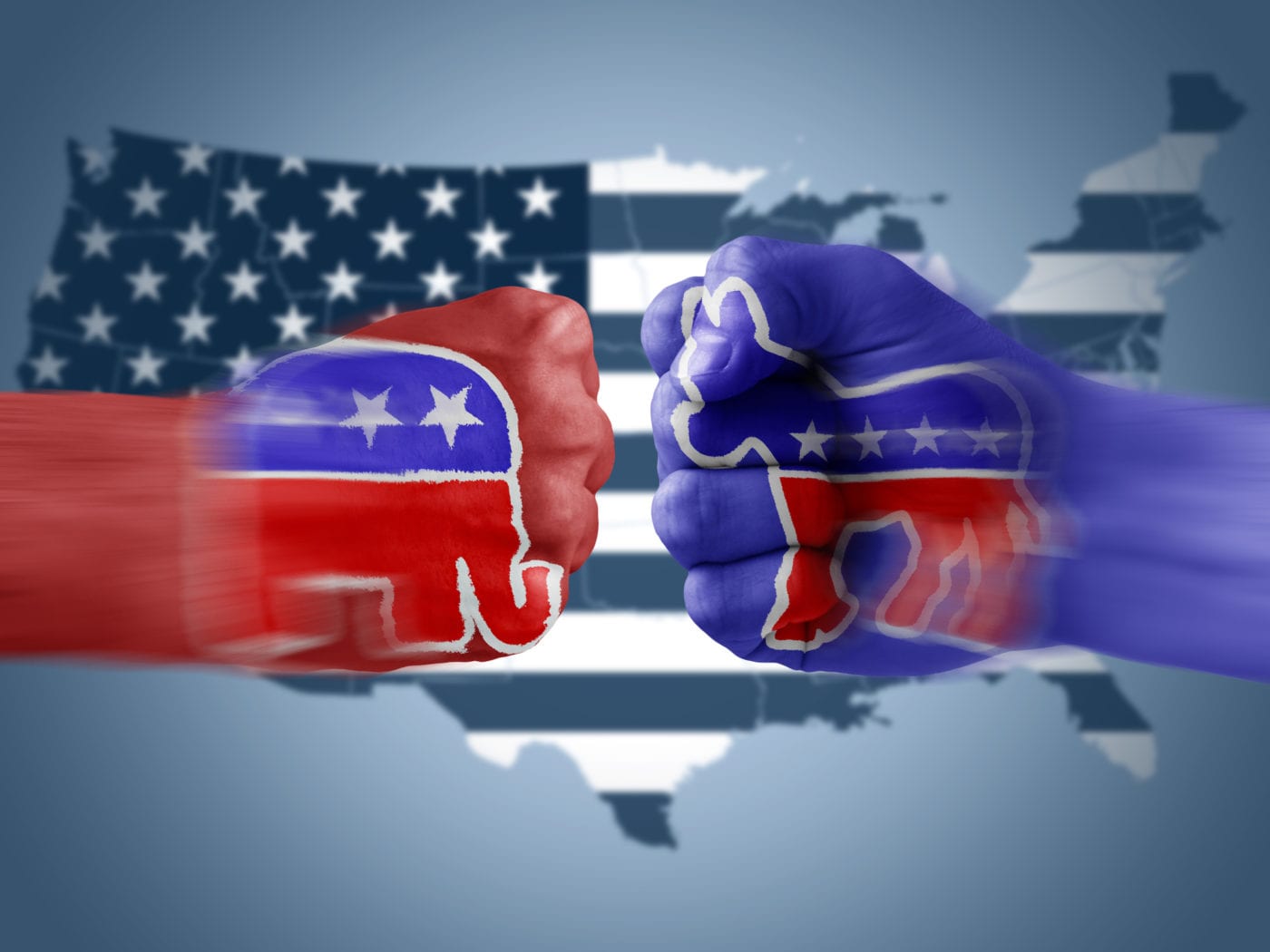If you’re in the United States, I don’t need to tell you that we’ve been in the midst of election season. Whether you’re the type of person who has the news on all day or you do all that you can to avoid it, there’s no getting away from it. And this is as true for your teen as it is for you. Maybe more. After all, she’s been on social media more than you and is likely getting blitzed with ads promoting one candidate and eviscerating the other.
The problem with talking politics with your teens is that it can be so fraught. She likely sees things differently than you do. Perhaps you’re conservative and she’s liberal. Or maybe it’s the other way around. Regardless, this season presents an immense opportunity to have meaningful and thoughtful conversations that she may not be able to find anywhere else. Here are 5 conversations to have with your teen this political season.
1. What are the most important issues to you?
Don’t make assumptions. You may have taught your teen that certain issues are at the top of the list, but don’t assume she sees eye to eye with you. Ask her what she cares about and why. Listen well, especially if you disagree. Don’t dismiss her opinion simply because she’s young. Sure she hasn’t had your experiences, but her thoughts are still valuable. Encourage her to be thoughtful, rigorous and informed. But be sure to take her seriously. Who knows, you might learn something?
2. How do you engage civilly with people you disagree with?
If there’s one thing we’re really bad at as a country right now it’s learning to engage civilly with people we disagree with. In fact, my guess is that if you’re honest, you’re reading this question with a twinge of conviction. I know I felt it just writing it! But if there’s any hope for a free nation, its citizens must be able to disagree without vilifying and argue without victimizing. We have to be willing to listen – really listen – to the perspective of people who see key issues differently than we do. By asking this question, you are not only talking politics with your teen, you’re talking about real life skills. And maybe you feel like you have a lot to learn in this area. Good. You can learn together.
3. What happens if no one cares?
One of the great risks facing young people right now is feeling so cynical and jaded about the political system that they just opt out of participating. Honestly, that’s very understandable. Yet, our system won’t work if its people don’t participate. Rather than lecture your teen on the value of civic engagement, discuss honestly the flaws in the system. Listen graciously to your teen’s cynicism. Don’t take this opportunity to pretend this is just the other party that’s the problem. When talking politics with your teens be honest about the shortcomings of the system yet discuss the real risks if large segments of the people being represented don’t let their voice be heard.
4. What happens if the person you want to win loses?
So what if the “nightmare scenario” happens and the other guy wins? Obviously, if you’re going to be talking politics with your teen, you have to first work through your own issues around this. But what your teen needs to hear, and even more see, from you is a commitment to hope over dystopian catastrophizing. Of course the person in office matters. But I would argue that who that person is matters much less than who you and I are and who we are becoming in this process. I know that sounds naïve, but I also believe it’s true beyond a doubt. Talk to your teen about who she is becoming. She can’t do anything about election results once the ballots are counted, but she can do something about how she shows up in the lives of the people she interacts with every day. Regardless of who is in office, living with faith, hope and love overcomes fear, despair and rage every time.
5. What can you do right now to make a difference?
For both our teens and us there is a risk that anxiety around this election and its results can lead us to paralysis. The issues feel so big and outside of our control and we feel so small and helpless to do anything. If I can humbly suggest two things. First of all, talk to your teen about how she is feeling. Be a listening ear without trying to correct her or dismiss her concerns. And secondly, take some time to process opportunities for action. I recently heard someone say, “action is the antidote for anxiety”. While “antidote” may be a bit strong, the point is still strong. Even if you can’t affect broad sweeping change with your actions you can still make a difference in the lives of people around you. You can volunteer with non-profits doing work you think matters, you can give generously to causes that you think are important, you can advocate for change, etc. Discuss practical opportunities for your teen to move from anxiety to action.
Sound off: Is talking politics with your teens tough? What questions do you?











Huddle up with your kids and ask, “If you could do one thing to improve our country, what would it be?”